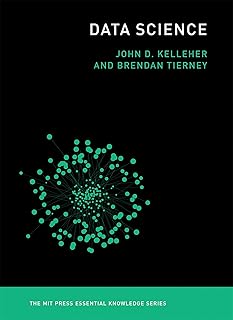African students attending a conference in Kampala, Uganda, expressed gratitude for the University of Leeds funding that made their participation possible. The Deep Learning IndabaX Uganda conference, focused on data science and machine learning, attracted over 300 participants from across Africa. Organized by the University of Leeds and Deep Learning Indaba, the event aimed to enhance African contributions to machine learning and artificial intelligence (AI) discussions.
Namutebi Esther, a Computer Science student from Kabale University, Uganda, highlighted the profound impact of the conference on her academic and professional growth. She emphasized the invaluable experiences and connections gained through the event, particularly emphasizing the doors it opened in terms of expanding her horizons.
Presenting her project on ‘Predictive Model for Drug Resistance in HIV from Genetic Data,’ Namutebi shared her newfound knowledge in areas like astrophysics and ecology. She underscored the event’s role in equipping her with skills and insights that will shape her future career and academic pursuits.
Another attendee, Jovia Nakazibwe, echoed the sentiment of transformative impact, describing the event as a pivotal moment in her academic and professional journey. Jovia emphasized the significance of engaging with experts and peers in the AI field, broadening her perspectives on the technology’s potential.
The conference emerged from the Leeds-Africa Hub for Data Science & Artificial Intelligence, a project aimed at fostering collaboration between Leeds researchers and AI practitioners in Africa to address global challenges. Sessions at the event covered diverse topics such as ecology and astrophysics, delivered by University of Leeds researchers and alumni now working internationally.
Professor Hai-Sui Yu, Provost and Deputy Vice-Chancellor at the University of Leeds, highlighted the institution’s commitment to nurturing global partnerships that benefit students worldwide. He emphasized the recent International Partners Conference as a platform for expanding connections and enhancing student experiences like those at Deep Learning IndabaX.
Professor Richard Mann, a Mathematical Ecology & Evolution expert at the University of Leeds, underscored the importance of building sustainable partnerships with African researchers to leverage the continent’s potential in AI and machine learning. He emphasized the economic and societal impact that AI advancements could have in addressing African challenges.
The International Strategy Fund (ISF), a significant University investment supporting international collaboration, plays a key role in fostering academic engagements across borders. With a focus on enhancing global connections and knowledge exchange, the ISF represents a substantial commitment to driving impactful research and partnerships.
The success of events like Deep Learning IndabaX Uganda underscores the importance of cross-border collaborations in advancing AI research and fostering innovation. As students like Namutebi and Jovia continue to benefit from such opportunities, the ripple effects of these initiatives are poised to shape the future of AI and machine learning on a global scale.
📰 Related Articles
- University of Nebraska–Lincoln’s Coats for Kids Initiative Empowers International Students
- Curtin University Empowers Students with Inclusive Support Services
- Vanderbilt University Empowers Neurodiverse Scholars in Autism Research
- University of Waterloo Students Explore Mitacs Funding Opportunities
- University of Toronto’s Mental Health Initiatives Empower Students






